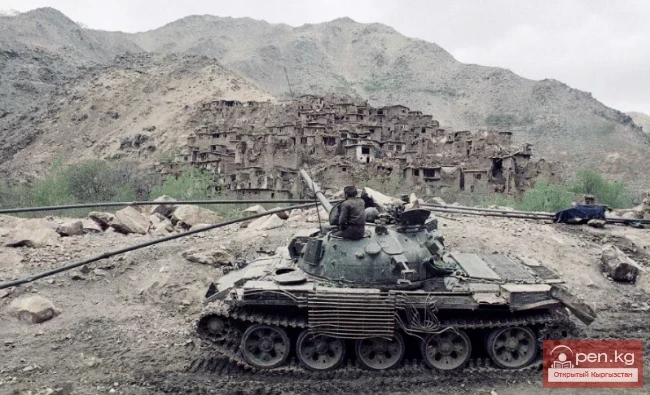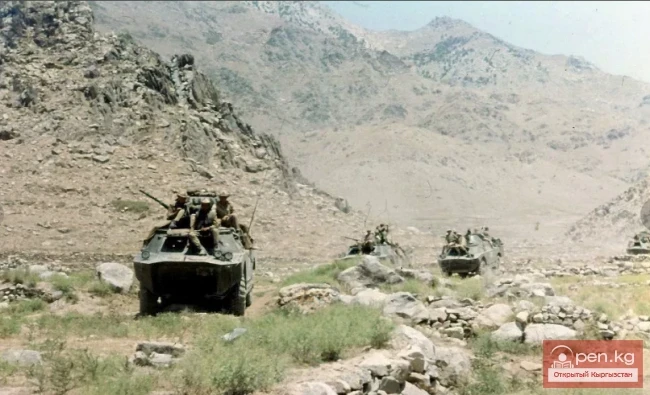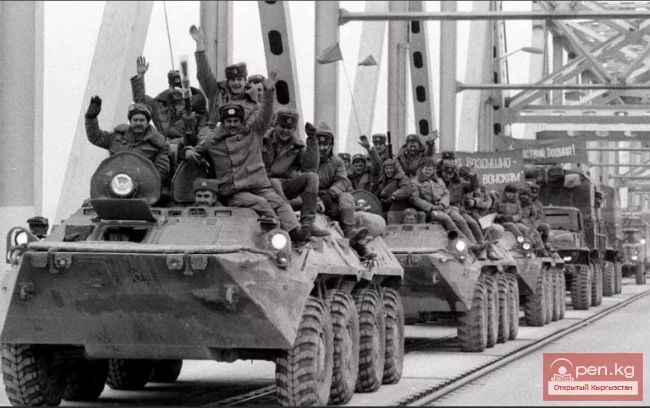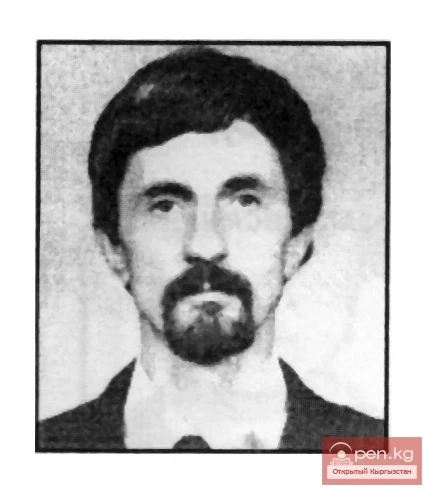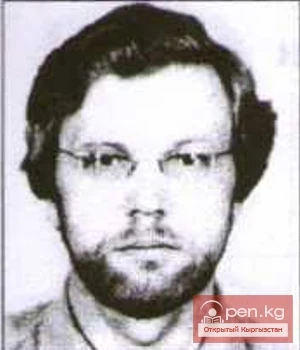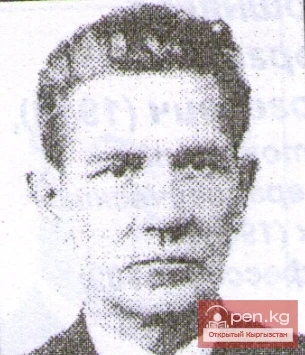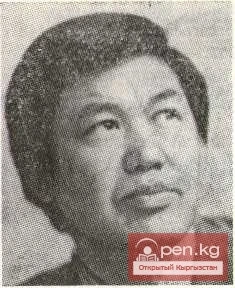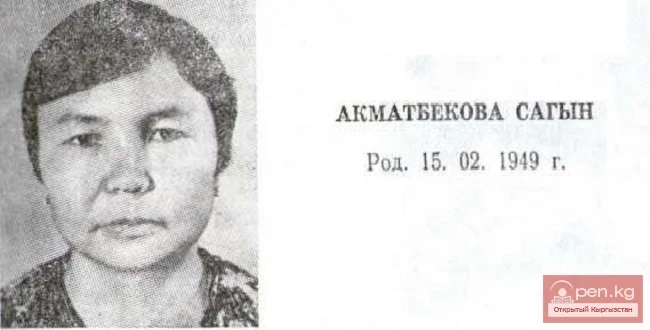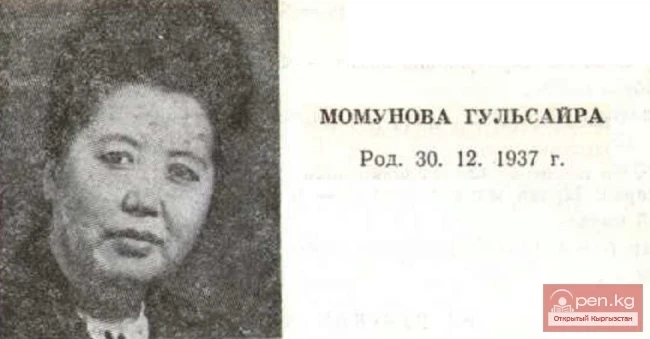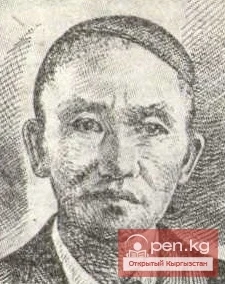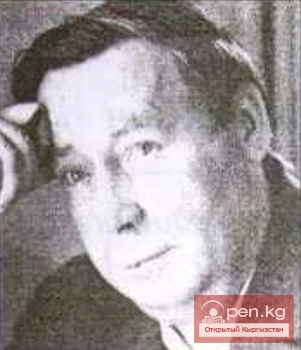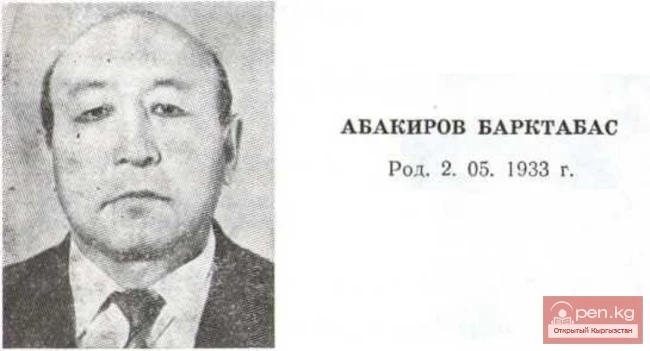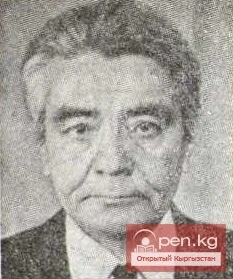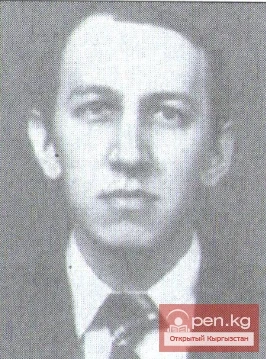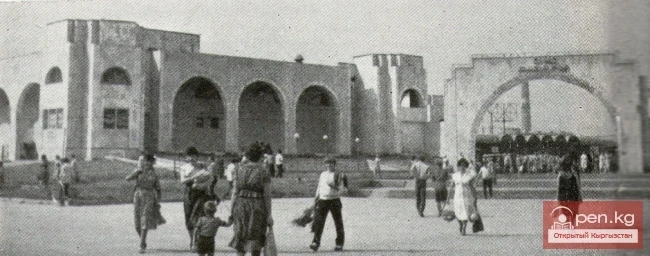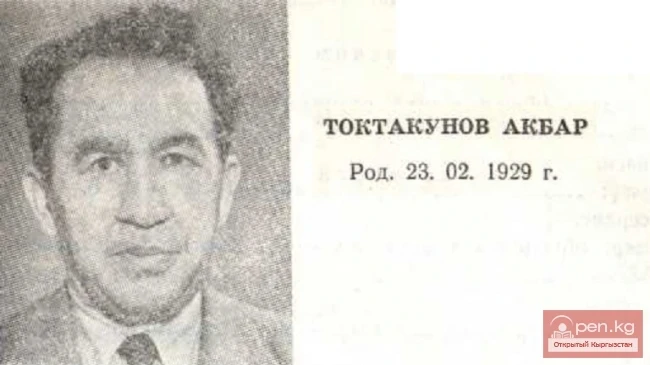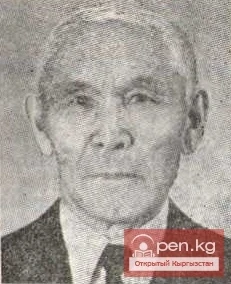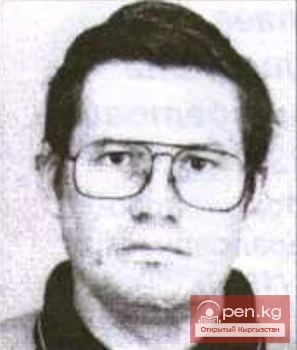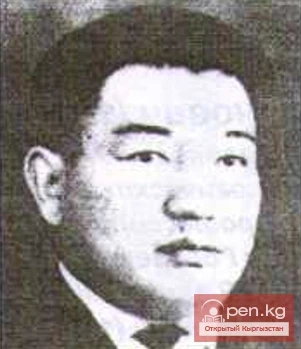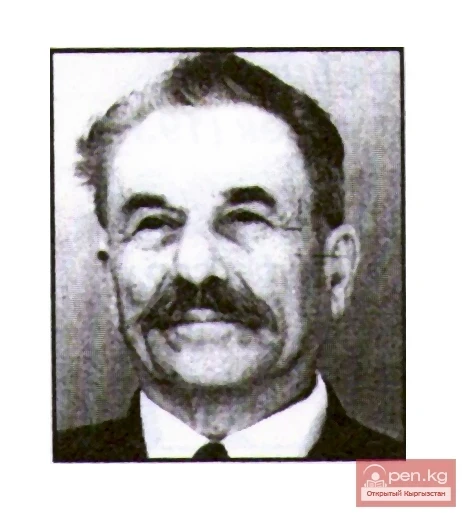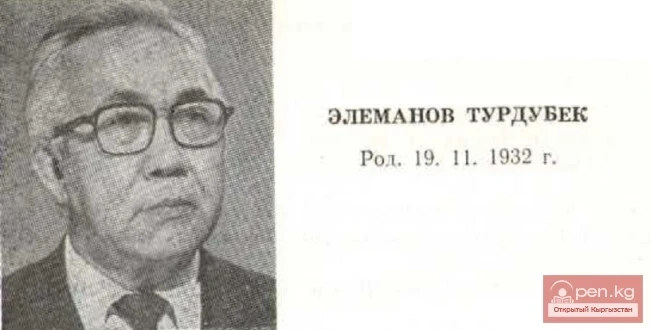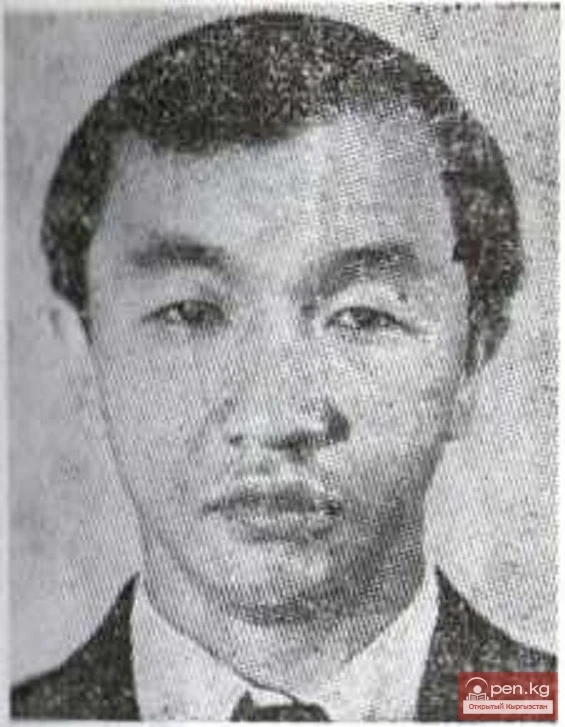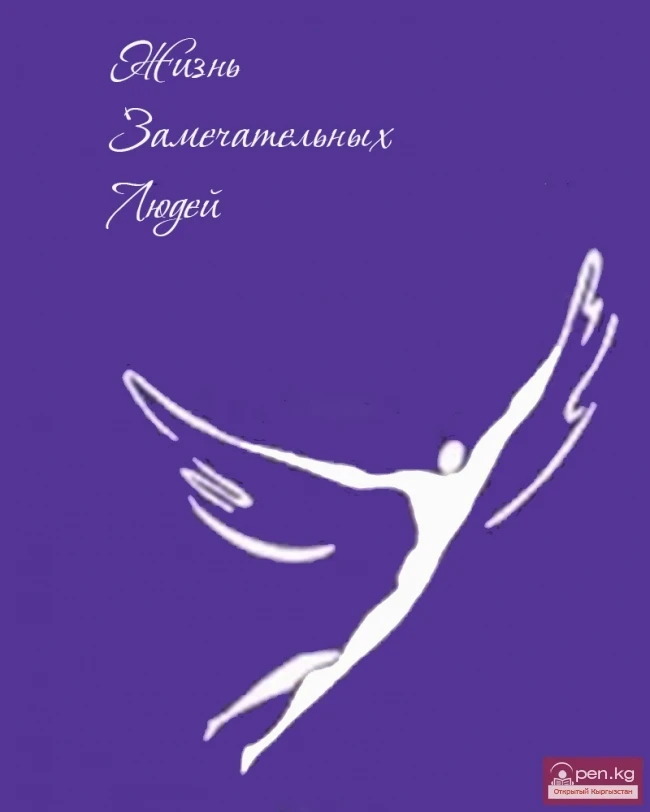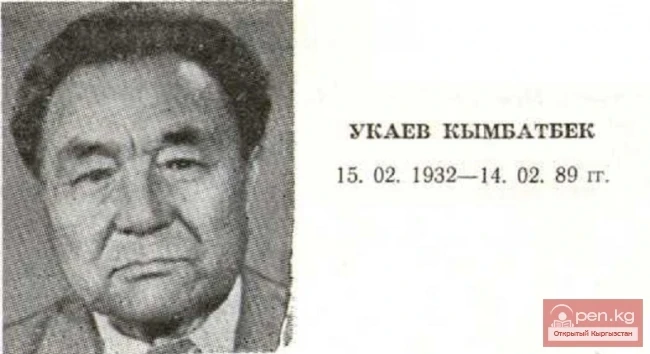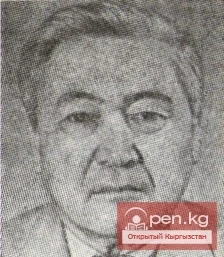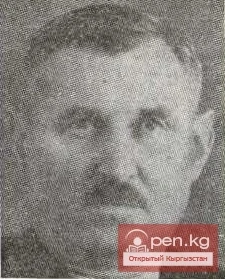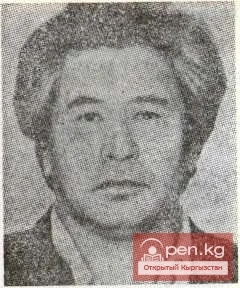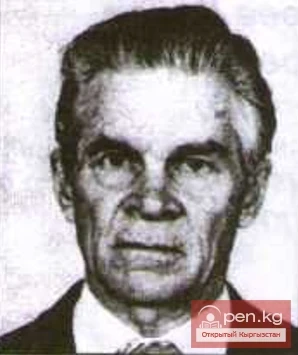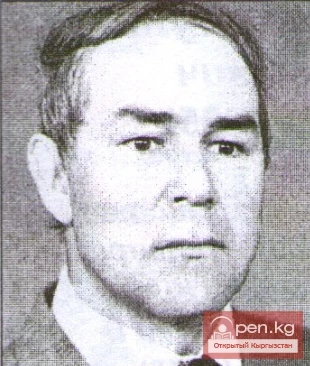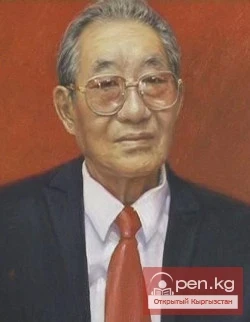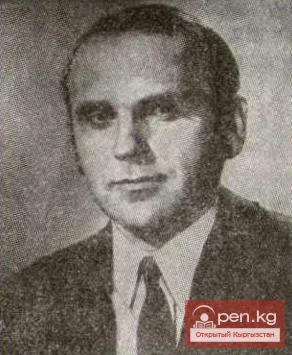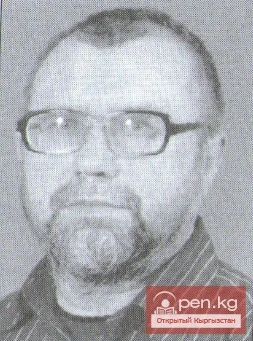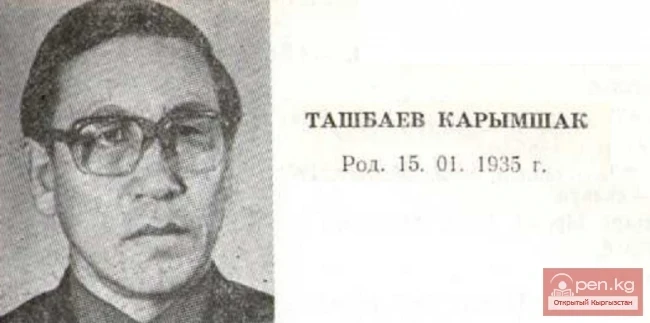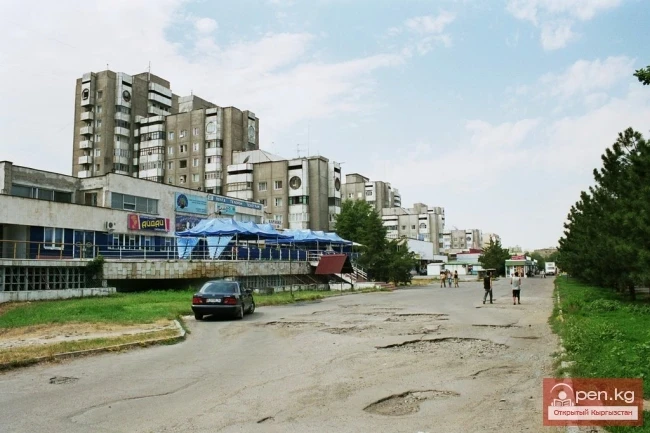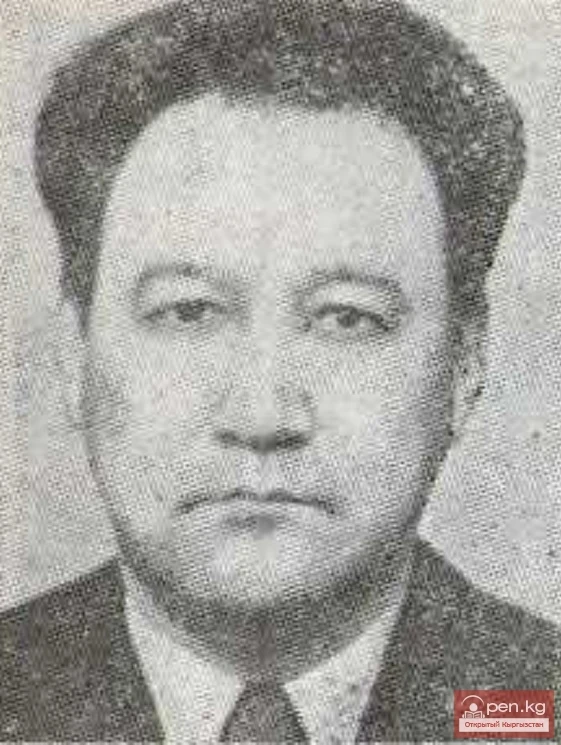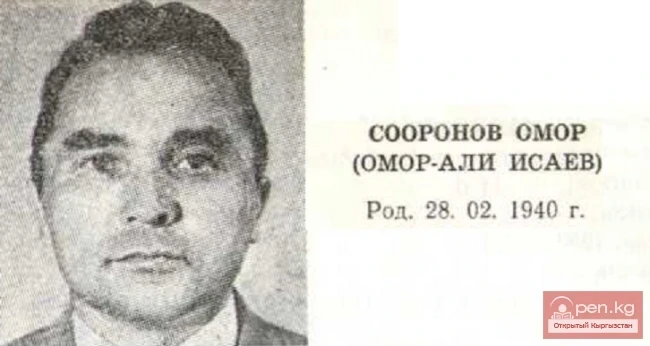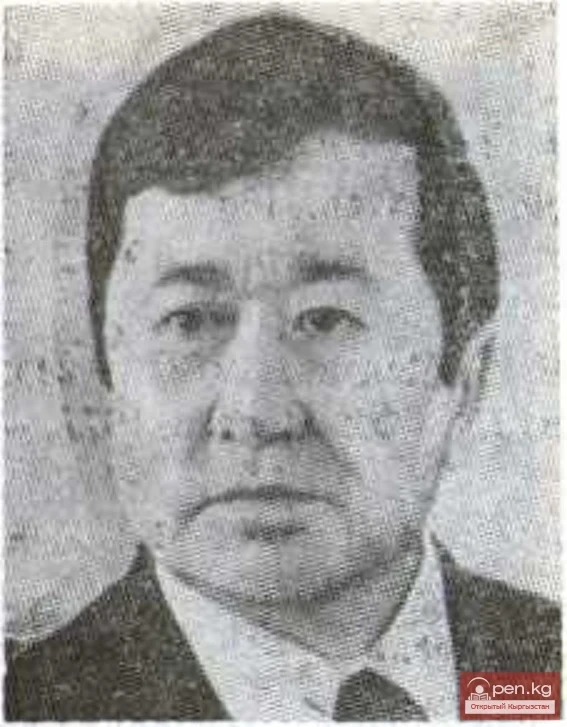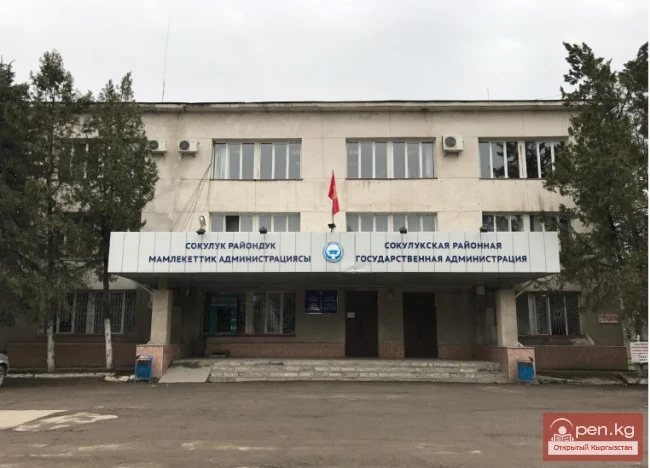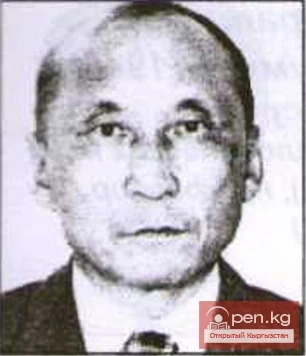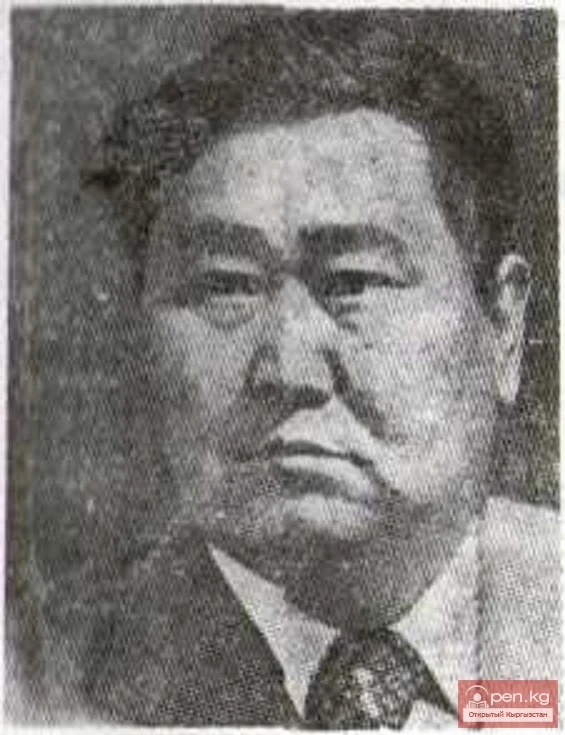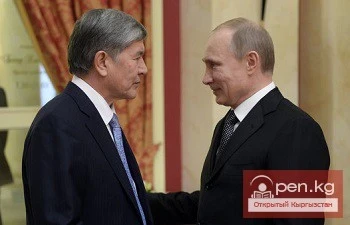
Hero of the Soviet Union Gushchin Sergey Nikolaevich
Gushchin Sergey Nikolaevich - commander of the motorized rifle battalion of the 371st motorized rifle regiment of the 5th Guards Motorized Rifle Division of the 40th Army of the Red Banner Turkestan Military District (limited contingent of Soviet troops in the Democratic Republic of Afghanistan), Guards Captain.
Born on March 9, 1960, in the village of Sokuluk, Sokuluk District (Kyrgyz SSR) in a working-class family. Russian. In 1977, he graduated from the 10th grade of secondary school.
In the Soviet Army since August 1977. In 1981, he graduated from the Almaty Higher Combined Arms Command School named after Marshal of the Soviet Union I.S. Konev. He served in the Red Banner Turkestan Military District.
Member of the Communist Party of the Soviet Union from 1983 to 1991.
As part of the limited contingent of Soviet troops in the Democratic Republic of Afghanistan, he was there from May 1987 to February 1989. From May 1988, he participated in 6 combat operations in the provinces of Herat, Helmand, Kandahar, and Farah, where he proved to be a brave, decisive, and courageous commander, demonstrating an exemplary performance of his official and international duty.
In May 1987, he was appointed as the deputy commander of the motorized rifle battalion of the 371st motorized rifle regiment of the 5th Guards Motorized Rifle Division of the 40th Army (Soviet troops in Afghanistan), which was stationed in Shindand.
He proved to be a brave, decisive, and courageous commander, demonstrating an exemplary performance of his official and international duty.
From an article in the newspaper "Red Star":
One of his first combat lessons was received near Kandahar. A mobile group consisting of a motorized rifle company, reinforced with a mortar platoon and tanks, was tasked with approaching a village and blocking it. According to the command, there were no mujahideen in the village, so there were no troubles to expect...
As they approached the designated location, it became clear that the information about the absence of "spirits" was, to put it mildly, not true. Through the sights, the commander clearly saw "peaceful" farmers running around with grenade launchers and automatic weapons, and fortified positions in front of the village.
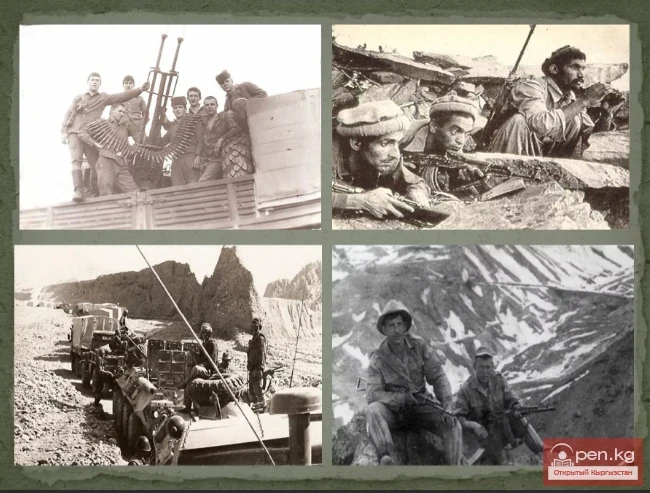
... Soon, Sergey was given a clarified task: to descend to the houses. This was perhaps the first case in his service when an officer disagreed with the command's decision. He understood perfectly well that losing a favorable position would make combat inevitable and could end far from in his favor. The captain managed to convince the command to leave at least one support tank on the dominating height.
Below, near the village, Gushchin positioned the vehicles for a block. And that’s when everything began. The "peaceful" Afghans unleashed a hail of fire on the armored group. The first shell from a grenade launcher hit the power compartment of the command BMP, the second hit between the driver-mechanic and the senior gunner. The BMP stopped. The artillery spotter was severely wounded. It is hard to say what would have happened to the vehicle and the people inside if a tank had not arrived to help, covering the BMP that was being fired upon at close range with its armor. The third shell hit the open tank hatch. From its explosion, as it later turned out, the commander was killed. And Sergey, with his subordinates, took advantage of the precious seconds to run to another BMP. Instantly assessing the situation, he began to direct the battle. Grenade launchers from the enemy's trenches were firing, and from the heights behind the village, a recoilless gun was firing. The situation worsened with each passing minute. But a tank left on the height saved the day, firing directly at the mujahideen. Soon, it was all over. Although there were few losses - three wounded, one killed, they weighed heavily on the young officer's conscience.
Upon returning to the regiment, a thorough investigation of the course of the battle was conducted, which, according to all command forecasts, should not have happened at all. Many were surprised at how Gushchin's group managed to seize the initiative in such a rapid combat encounter and return with minimal losses.
Thus, from August 5 to 14, 1988, he participated in a combat operation in the province of Herat. On August 10, while blocking the green zone of the city of Herat, a group of insurgents attempted to break through the battalion's block.
Leading the armored group, he confidently maneuvered it to the enemy's flank and destroyed it with powerful fire from the BMP's armament. Personally, he eliminated 6 insurgents and a crew of a DShK.
From the award sheet for the title of Hero of the Soviet Union:
“From October 20 to November 1, 1988, he participated in combat operations in the province of Helmand. On October 21, while positioning the battalion's unit on a block near the village of Kajaki-Sufla, he skillfully organized a system to suppress the insurgents' firepower, destroying a rocket launcher in the process.
Through his brave and decisive actions, he ensured the capture of dominating heights by the regiment's units.
He particularly distinguished himself on October 28 while blocking the green zone of the village. In battle with the insurgents, he acted selflessly, confidently controlling the situation on the battlefield. Leading the motorized rifle company, he made a sudden dash to outflank the enemy, destroying a mortar battery, personally eliminating a group of insurgents and 2 mortar crews. He was severely concussed by the explosion of a nearby rocket shell but did not leave the battlefield, continuing to command the battalion's units. By his personal example, he inspired the battalion personnel. The assigned task was accomplished.”
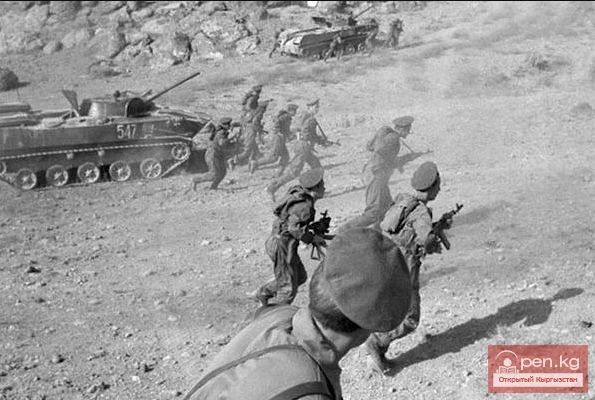
By the decree of the Presidium of the Supreme Soviet dated April 10, 1989, for courage and heroism displayed in providing international assistance to the Democratic Republic of Afghanistan, Guards Captain Gushchin Sergey Nikolaevich was awarded the title of Hero of the Soviet Union, with the Order of Lenin and the Gold Star medal.
He continued his service in the Soviet Army and the Russian Army. In 1992, he graduated from the Military Academy named after M.V. Frunze. From 1992, he served as the deputy commander of the 6th Guards Separate Motorized Rifle Brigade in the Western Group of Forces (Germany), and in 1994, he was transferred with the brigade to the Moscow Military District (Kursk). From 1995 to 1997, he was the commander of this brigade. He then graduated from the Military Academy of the General Staff of the Armed Forces of the Russian Federation.
In 1998-1999, Colonel S.N. Gushchin served as the deputy commander of the 10th Guards Tank Division. After graduating from the Military Academy of the General Staff of the Armed Forces of the Russian Federation, he continued to serve as a senior expert of the Military Scientific Committee of the General Staff of the Armed Forces of the Russian Federation.
He was awarded the Orders of Lenin (04.10.1989), the Red Star (05.05.1988), and several medals.
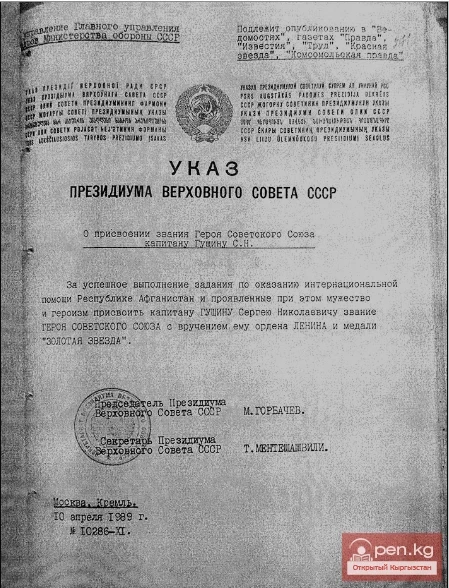
THE LAST PARADE
Afghanistan was left behind. Both in a temporary and geographical sense. The last Soviet battalion was leaving for the west.
A grand welcome was being prepared in Kushka. It is quite possible that the journalists gathered there thought that the role of the Last was assigned to Captain Sergey Gushchin's battalion, which was presented for the title of Hero of the Soviet Union, just for them, for the "pomp."
In reality, it was simpler. The task was to cover the departing troops on the Shindand-Turugundi highway, specifically "to prevent the shelling of our columns and to exclude losses in our own battalion."
This very "prevent and exclude" was entrusted to someone who could indeed make the mujahideen comply with such an order. For two weeks, the commander and his subordinates had no rest. For two weeks, changing positions, they dug into the rock of the dominating heights along the concrete road, freezing in trenches and under the cold armor, vigilantly keeping the surroundings in their sights, to fulfill the last order on Afghan territory, to march through the first snowfall towards the celebration, confirming their reputation as fighters not through blood, but through skill. Into the embrace of the eager reporters.
It must be said that Gushchin was not a gift for our brother. There were no special plot hooks in his biography. No family military dynasty, no dramas with entering the academy, no career setbacks. He didn’t even write reports for a transfer to Afghanistan. He knew that this cup would not pass him by, serving on the border in Kushka, and he did not rush events to prepare better.
He received the second motorized rifle battalion from Vlasyan, known for his ability to avoid losses in the most difficult situations. "Always remember, Sergey," began one of Vlasyan's "lessons," "you must go into battle with soldiers whom you have raised for yourself. It is good, of course, to trust them as you would trust yourself. But to trust them, you must study them and teach them."
The soldiers also trusted Gushchin. As they would trust themselves. Even when receiving completely desperate orders from him. For example, in the area of the village of Kajaki-Sufla, when the column came under aimed fire, and the surrounding area turned out to be mined, the commander ordered the BMP commanders to climb to the dominating heights.
The slope was critical, and the vehicles could overturn. But, on the other hand, one need not fear mines: knowing that climbing such slopes was impossible, the insurgents did not consider it necessary to mine the road. And they miscalculated.
The captain's precise calculation was all the more surprising because at the beginning of the battle, he sustained a head injury. A ridiculous one - from the hatch cover, which he was thrown against by an explosion under the track of the BMP. He regained consciousness already on a stretcher. He stood up, wiped the blood from his eyes, applied a tampon to his shattered head, and, swaying, walked to the neighboring vehicle. The medic tried to hold the commander back, but... a couple of minutes later, Gushchin's voice was again heard on the radio. He demanded to expedite the ascent to the dominating heights.
The fighting under Kajaki-Sufla lasted four days. The enemy was unable to not only defeat the column but even inflict any significant losses on the battalion. There were no fatalities at all. As incredible as it may seem, throughout Gushchin's command.
...And when the last soldier of the rear guard stepped onto the bridge over the Kushka, he did not resist the festive mood. To the delight of the journalists.
